My good friend Andy Beal just released his latest book, Repped, 30 Days to a Better Online Reputation. Late last year, he asked me to write the foreword for the book and when I heard what it was about, I was all in.
Whether you realize it or not—or even wish to admit it—you already have an online reputation to protect. It doesn’t matter if you’re fresh out of college and hoping your past Facebook indiscretions don’t torpedo your career prospects, or a Fortune 500 company trying to make a name for itself in a crowded market, your reputation online is vital to your success. With dozens of examples and actionable tips, Repped demonstrates how a better online reputation can lead to improved job prospects, happier customers, fewer detractors, and most importantly of all, greater income. Repped is for individuals, professionals, small businesses, non-profits, and large corporations. Repped is for anyone that realizes the value of building a better online reputation.
As in every foreword I write, part of the deal is that I’m allowed to share the entire, unabridged version with you here (updated with a bit of tech news). Hope you like it!
Your Digital Reputation Precedes You: Do something about it…
With the social web and proliferation of apps, smart phones and always on internet access, we are becoming a society of accidental narcissists. I don’t believe we set out to become self-obsessed and to be honest, it’s not all that bad. Today’s digital lifestyle made self-expression not only possible but also acceptable. Selfies! What once would have been frowned upon as anti-social and narcissistic is now a form of everyday self-expression. It’s the new emoticon in many ways.
Sharing our lives is easy and it’s rewarding as friends, family and followers react with Likes, shares, comments, et al. With each update we receive positive reinforcement and are heartened to share more. We now are at the center of our own universe and with each day that passes, we share more of our lives and encouragement pushes our behavior toward extroversion. The words privacy and publicity now take on entirely new meanings as we place on display the very thing our ancestors cherished as privileged. With each update, post, selfie, we share a bit of ourselves that in their own way contribute to a semblance of our digital persona. This though, works for and against us…
Online, just like in the real world, actions and words speak loudly. Unlike real life though, your digital footprints are there for anyone to find on Google, social networks, and in communities. These disparate pieces are then assembled by employers, schools, friends, lovers, enemies, and anyone and everyone who wish to learn something more about you. Whether pure, sinister or simply inquisitive, whatever the reason, today these pieces construct a semblance of you and whomever sifts through your online legacy is left to their own surmise. This is too important to leave to chance. Online is the new real world. This is your life.
Repped is something we should think about but rarely do. We should be more methodical about what we share and why. But online engagement is teaching us to think in the moment instead of anticipating how those moments collect and assemble into something we didn’t initially foresee. Andy Beal is on to something here. And, if we each think deeply about it, we are indeed the masters of our own digital fate by choosing what we share and how we reward those whom guide us online. At the same time, we are also the beast of our own burden by sharing whimsically.
As Andy defines, repped is the result of conscious contributions that are intentionally additive. By investing in positive reputation updates, whether for you or someone else, ratings rise. Relationships flourish. Trust builds. Thus, we enhance and shape an individual’s online profile to a more deserving standing. Again, it’s intentional.
If we do nothing and continue to post along our merry way, we become the victim of chance and circumstance. What others see and assume, the impressions that form, the opinions that arise, and the decisions they make as a result, are defined for us if we do not first define and reinforce what we want them to be.
Think about it this way. When you look in the mirror, you see a reflection of who you are right now. What if you could transform that reflection each day into someone you hoped to see staring back at you. With repped, we become architects of our desired reflection. If heedful, this digital reflection will ultimately work for us rather than against us. It’s more than how we see ourselves of course. It’s the broad strokes we paint in addition to the fine detail that we dab to paint a portrait that helps us now and in the future.
What separates reality from aspiration are your actions and words. You earn what you deserve.
It is what we share and how we build relationships that communicate who we are, not only to those whom we know, but also those whom we wish to know as well as those who are seeking to know more about us. It takes work yes. But then again so does anything that matters in life. Where everything begins though is what’s important. Most jump into online engagement without taking what is quite honestly the most important first step…connecting the threads of who you are, your aspirations, and who it is you want others to see.
Take a moment to answer this question…Why do you use social networks?
Is it to communicate your life to friends and followers?
Is it a form of self-expression?
Do you cast your actions to the proverbial audience to enchant or entertain them?
Take heart in what it is that moves you and those who follow you. Consider what it is they see as opposed to what you do online. You’ll find a great divide between what you say and the intentions behind them and what someone else hears or sees and takes away from each moment. Such is true in life of course, but here nothing really vanishes. Again, everything either works for or against you.
What is it that you value and how could that change with a bit of self-reflection?
I refer to today’s value system in social engagement as the 5 Vs. With each update, we seem look for something in return and each represent a shifting balance between what we treasure and what we think we treasure. The purpose of this exercise though is to contemplate the meaning of worth and in turn put stock in what it is we value and what it is that others will value…in the short and long term.
The 5Vs
1) Vision (I learn something, I’m inspired);
2) Validation (I’m accepted or justified);
3) Vindication (I’m right, cleared);
4) Vulnerability (I’m open); and
5) Vanity (Not egotism, but accidental narcissism. I’m important),
To earn or bestow increments of repped require intent and diligence. Nothing though begins without describing what it is you want people to know and see and how that tracks toward your personal and professional goals. The 5Vs require careful balance. Sometimes its best if you audit your online behavior to see which of the 5Vs were out of balance in the past. Doing so helps align your future engagement.
Some teenagers are aware of the “drama” that arises when their posts or pictures are taken out of context. In fact, they’re smart about covering their tracks. In some ways this is a divergent strategy from repped, but its example teaches us a lesson about the importance of building online reputations over time.
Rather than intentionally construct a desired presence, they simply remove traces of their communication after initial sharing. Some “whitewall” their networks by deleting everything after immediate engagement. Others “super log off” by deactivating their accounts when they’re not online. This behavior is what inspired the rise of an ephemeral web, one that automatically vanishes after a fixed amount of time. There’s a reason Snapchat and other apps and networks like it are wildly popular.
Snapchat and the ephemeral web represent an interesting evolution in social media in that it helps people “share without care” or better manage their digital footprint. The ephemeral nature of “now you see it, now you don’t” lets users be themselves, or sometimes encourages deviant behavior, without worry of future leverage against them. This comes at a time when colleges and employers, and everyone for that matter, are reviewing social networks as qualifying criteria for consideration. With ephemerality, the challenge for you and me though is the very thing that makes it so special and that’s the temporary nature of the moment.
Among accidental narcissists however, attention, popularity, and reactions are also catalysts for open sharing. As a result, Snapchat is experimenting with a hybrid of ephemeral messaging that adds a touch of permanence, such as its Stories product. There’s a sense of narrative that tells a story the way a user defines. But they still vanish in the end.
The ephemeral web is just one of two factions of the social web evolving today. The other movement underway is that of the anonymous web thanks in part to apps cum social networks Whisper and Secret.
When I first heard of Whisper, my initial reaction was wow, that’s interesting and potentially addictive. When I then heard about Secret, I felt similarly but then added the words dangerous and finite to the list. Whisper and Secret are representatives of the anonymous social web, which is a branch of the overall private social movement. Similar to its sister movement around the ephemeral web, these apps are promoting a behavior of sharing without establishing a link between identify and legacy.
Secret is interesting in that it connects friends and friends of friends. This makes the content relevant while sparking curiosity and conversations behind the scenes, online and the real world. Because it’s someone you know or could know, it adds a layer of intrigue to the mix. By including social validation engagement such as likes and comments, users are conditioned to continually share provocative thoughts, observations, and also secrets. It’s a promising mix that will keep secret public for the foreseeable future. However, I see it as more as disruptive novelty than I do as a long term stand alone app. It’s the anonymous movement that will outlast many early players. But that’s not the point. It’s how behavior changes in how we engage and share and the levers of identity we pull to align, or chose not to, our brand with the updates we we find interesting.
The people who define the social web are fickle and suffer from extreme cases of shiny object syndrome. But, anonymity can be healthy. Productive conversations can emerge beyond the juvenile antics of immature or mean people.
As founder of 4chan moot once said in a piece standing up for anonymity, “It’s incredible what people can make when they’re able to fail publicly without fear, since not only will those failures not be attributed to them, but they’ll be washed away by a waterfall of new content.” It was his follow-on comment that struck me however, making sense of the rise of social anonymity, “Anonymous or pseudonymous posting can relieve us of the burdens of social media, and the resulting narcissistic behavior.”
The psychological conditioning of users though is shaped by how communities inside and outside of the communities react. And Whisper’s approach is among the most promising for a long-term play. As I shared with USAToday, with Gawker vial traffic czar Neetzan Zimmerman joining Whisper, the anonymous network will morph into a hybrid gossip, confessional, and allegation media network. And with Zimmerman’s first piece making the rounds that claims actress Gwyneth Paltrow is cheating on her husband, Whisper is officially on its way to competing for media and consumer attention while paving the way for anonymous social networking and sharing.
By crowdsourcing interesting revelations and curating or editing them a la TMZ, BuzzFeed and Upworthy, we may see these networks around for the foreseeable future.
We now live three lives online and will continue to do so in future; one that disappears, one that is secret, and one that sculpts our legacy. This reminds me of a poignant observation once shared by novelist and philosopher Gabriel García Márquez, “Everyone has three lives: a public life, a private life, and a secret life.” With the likes of Facebook, SnapChat and Secret, the thoughts shared by Gabriel García Márquez is now a digital prophecy come to life.
Now’s the time to consider how you want to be repped. Now’s the time to consider the value of online engagement and come to terms with what you want to invest into and take out of your digital life and the digital lives of others.
Repped will help you earn digital significance. Equally, repped will help you bestow significance unto others. The value you assign to engagement affects what you place and take out of this so-called digital life. The value we take away must only be surpassed by what we invest. This is the foundation for your digital legacy.
Give repped.
Get repped.
Brian Solis (@briansolis), digital analyst, anthropologist and author of What’s the Future of Business (WTF)

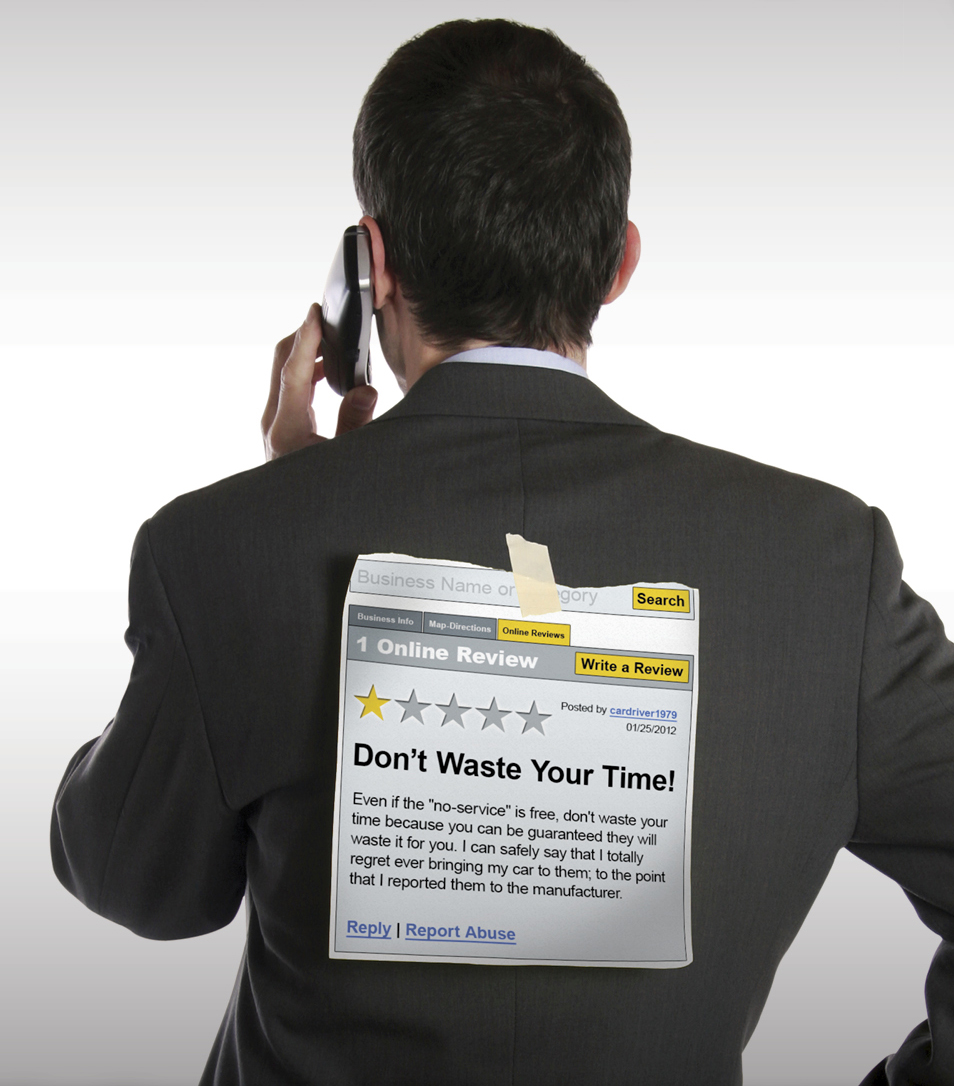
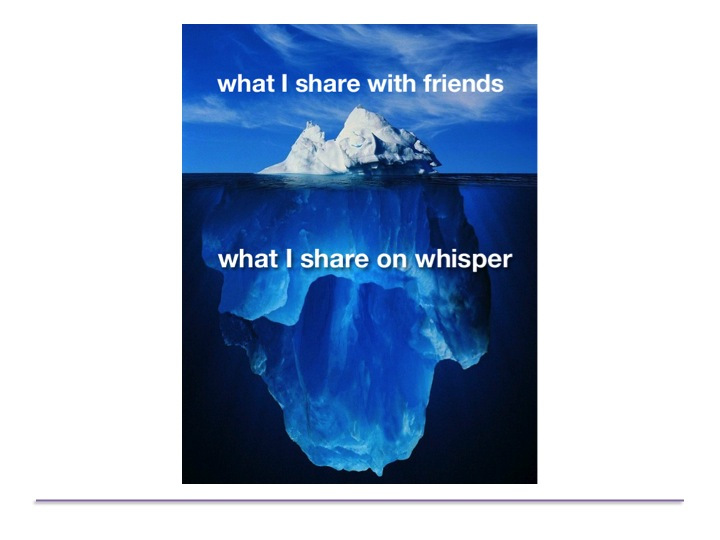
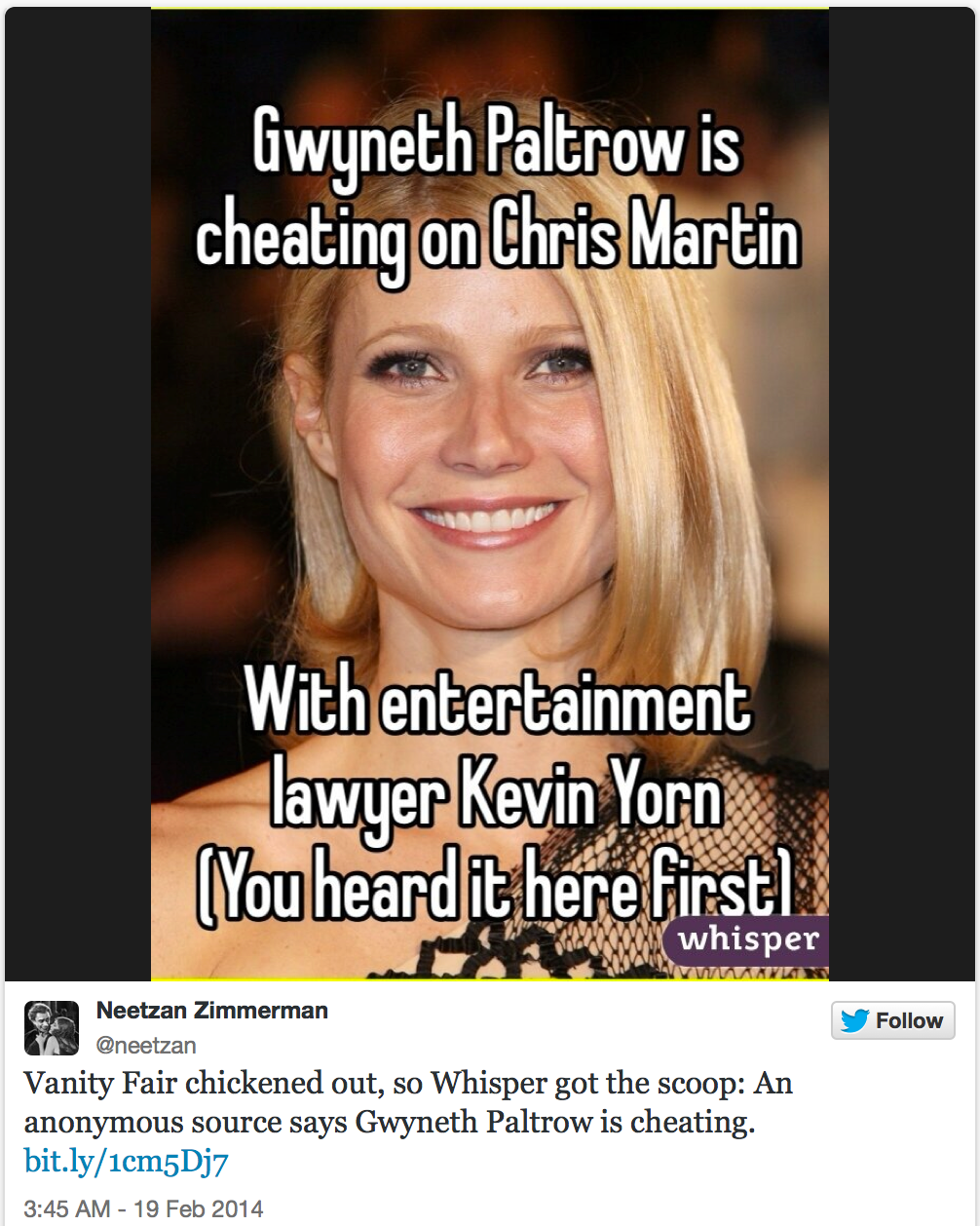

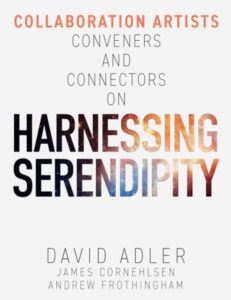
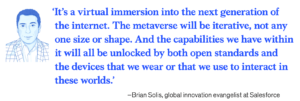



Thanks again for writing the foreword. You were my first choice, so thrilled that you were able to help. You rock!
It’s an honor sir…thank you.
800% Give repped. Get repped. Spot on Brian. A great reputation fosters trust online and offline. For organisations it reduces the risk of a poor investment. When we talk about ourselves online/offline that’s simply ZMOT material waiting for discovery. Nothing creates more leverage and value for one’s reputation than other people writing/talking/gossiping/tweeting/updating super positively about you. That’s the UMOT level.
Sharing with all my legal buds aka future self-media publishers and reputation design masters 🙂
Thanks Mitch!
Great article, and totally agree! What happens on social media, stays on Google.
🙂
Dear Brian, thank you for sharing your thoughts on online reputation with us. In terms of building online reputation and communicating ourselves trough the shares we transmit on the Internet I find it of urgent importance to stay true to ourselves in every single post. This can be a quote, the liking of a product, a recommendation or review, an inspirational article or whatever fuels our passion. I find it absolutely necessary to work against the diffusion of the self, which can easily happen while keeping a trackback of shared content as well as trying to make a projection of the future effects those shares will provoke. The way out of this maze is trough realizing our true affiliation for different things. In my opinion this is of key importance for a transparent and impeccable online reputation, which is ever more close to our true self. Nice post. Repped!
It’s interesting to think that the new generation of online business owners (today’s teens) are so proficient at covering their tracks. To what extent is Secret traceable? And will it ever have a ‘business version’? Who knows. What is certain is that, within five years time, a smarter and quicker world will be there online. The Internet could finally become the new water cooler.
Hello Sahail, Reddit, HackerNews and 4Chan and now Twitter have paved the way for the digital water cooler!
So where’s the office? Linkedin?
Thanks Brian, enjoying your blog.
I completely agree with you. Awesome article!!!
Brian Solis, thank you for this awesome article!!
This reminds me of an Ethic class I took few years ago. The main question was: Is it ethical to use whatever you say, post and share online against you? Well, I do believe we’re responsible for our own choices, and pretty much everything we do on social medias builds our “online version of ourselves”. The internet is here to keep a record on every virtual step we take.
I’m definitely gonna read the book! 🙂
Thank you.
As someone who has grown up in the digital age, this article is extremely thought provoking and interesting. I agree that things that were once seemed as narcissistic like “selfies” is now a common day thing and our digital reputation will haunt us online and offline. Great read!
Thank you!